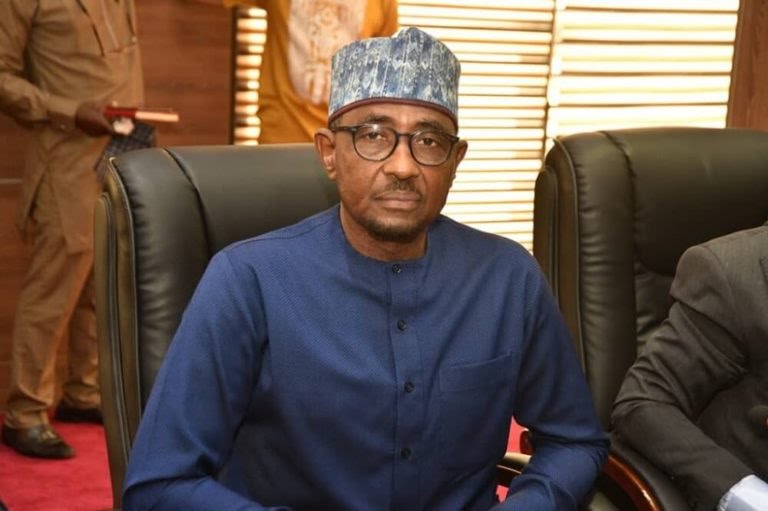The Nigerian Midstream and Downstream Petroleum Regulatory Authority has identified poor electricity supply as a major challenge stalling Nigeria’s electric mobility transition. The agency also pointed to high costs of electric vehicles and limited infrastructure as key barriers.
Speaking at a webinar organised by the Major Energies Marketers Association of Nigeria on the theme ‘Accelerating Electric Mobility Adoption in Nigeria by Unlocking Downstream Potential’, the Director of Operations, Distribution Systems, Storage, and Retailing Infrastructure at NMDPRA, Dr Mukaila Oseni, situated Nigeria’s EV journey within a global context, referencing the International Energy Agency’s forecast of 145 million electric vehicles worldwide by 2030.
He said the barriers slowing EV adoption in Nigeria include high vehicle costs, limited charging infrastructure, unreliable grid electricity, and low public awareness. Oseni stressed that without urgent interventions, the country may struggle to keep pace with the global energy transition.
According to him, EVs are critical to diversifying Nigeria’s energy mix, reducing long-term transport costs, and cutting emissions. However, he warned that significant barriers persist. He advocated for leveraging Nigeria’s expansive downstream network of fuel retail stations as ready-made sites for EV charging, supported by mini grids to ensure reliability.
Tying EVs to Nigeria’s Decade of Gas strategy, he underscored how compressed natural gas and liquefied petroleum gas can provide transitional solutions while EV adoption scales.
MEMAN Chief Executive Officer and Executive Secretary, Clement Isong, highlighted progress with 12 EV charging and battery swapping sites and five after-sales facilities nationwide.
He emphasised new opportunities such as solar-powered charging, battery-swapping networks, and the scaling of two- and three-wheelers as entry points for adoption.
Isong called for collaboration between regulators, investors, and private sector players, stressing MEMAN’s commitment to creating a supportive platform for dialogue and knowledge sharing.
The Director of Energy Utilisation at the Energy Commission of Nigeria, Mohammed Mundu, said filling stations can serve as ideal sites for EV charging given their existing excess power capacity. He also emphasised solar integration to ensure sustainability and affordability.
The Director of Vehicle Electrification at the National Automotive Design and Development Council, Abdullahi Ayinde, warned that Nigeria’s EV strategy must be demand-driven, saying that without clear market demand, businesses risk collapse, as seen with past auto assembly failures.
He noted the decline in local content from 40 per cent in the 1980s to under 10 per cent today, urging policymakers to prioritise sustainable demand creation.
Also, the Group Head, Electrical/Electronics at the Standards Organisation of Nigeria, John Francis, said EV adoption requires urgent standards to protect consumers and investors. He stated that unregulated EV models are already spreading in states like Borno, with multiple incompatible technologies risking fragmentation.
SON, he added, is aligning with the Nigerian Automotive Industry Development Plan and international bodies to ensure a safe and competitive market.
On financing and market outlook, the Climate Finance Manager at the Nigeria Off-grid Market Acceleration Programme, Akinyemi Alebiosu, described EV adoption as inevitable. He added that Nigeria’s overdependence on imported used vehicles, high transport costs, currency depreciation, and fuel price volatility are driving EV urgency.
He projected that West Africa could host nearly 9.9 million EVs by 2050, requiring an estimated $20bn in infrastructure investment, with Nigeria leading in demand. Alebiosu advocated blended finance models to mobilise private sector capital and cited successful pilots such as Lagos e-buses and a Nigerian bank replacing its entire fleet with EVs.















